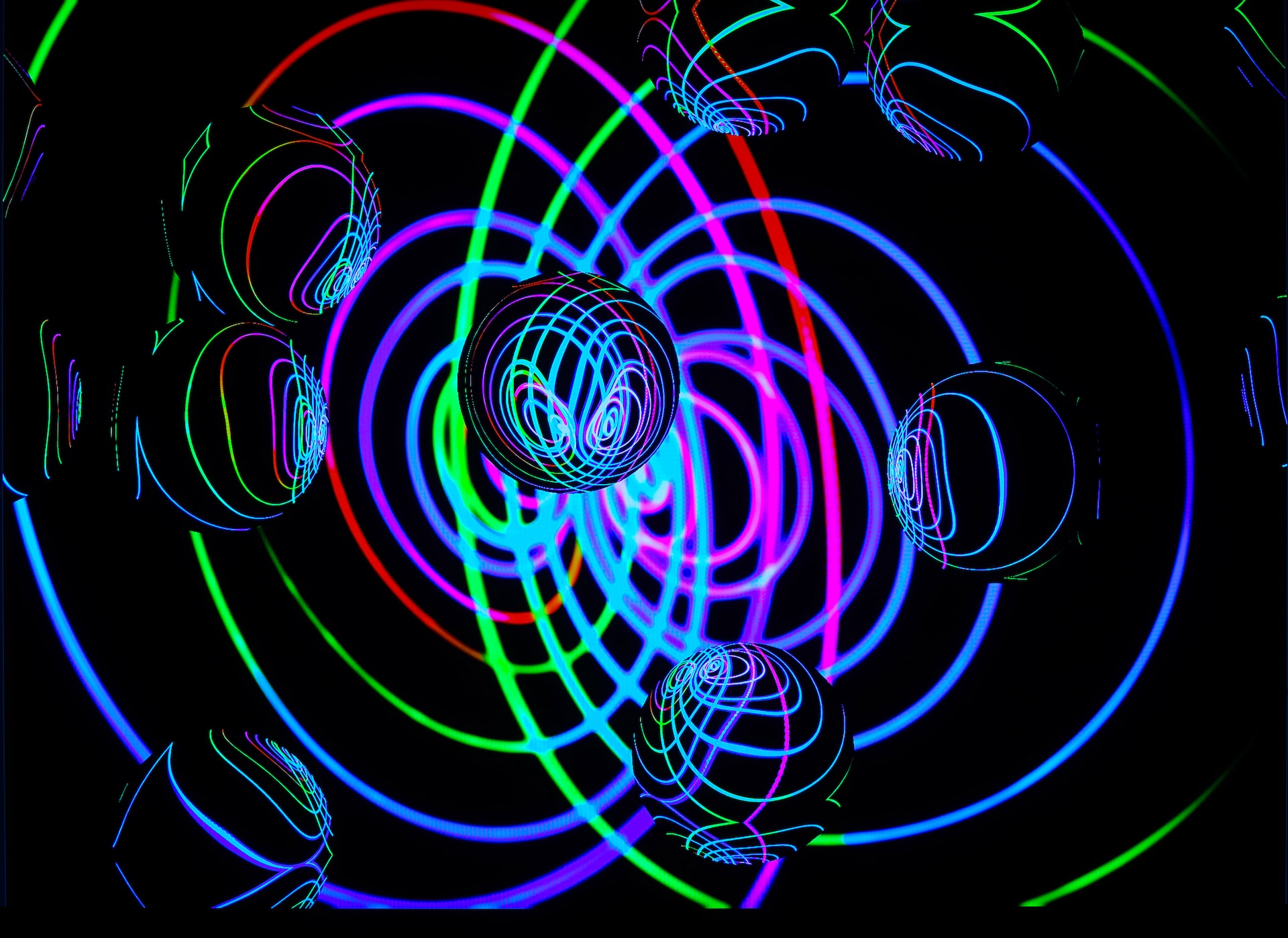Technology News
Futurist Technology: Shaping Tomorrow’s World Today
15 October 2024
|
Zaker Adham
Introduction
Futurist technology refers to innovations and advancements that are poised to transform the way we live, work, and interact in the future. These cutting-edge technologies often seem like science fiction today but have the potential to become integral parts of everyday life. From artificial intelligence (AI) to space travel, futurist technology offers endless possibilities and promises to reshape industries, economies, and societies. Its significance lies in its ability to solve current challenges while preparing humanity for a future that is increasingly defined by rapid technological evolution.

Background Information
The concept of futurist technology is not new; it can be traced back to the early 20th century when thinkers like Nikola Tesla and H.G. Wells envisioned revolutionary ideas such as wireless energy transmission and time travel. However, many of these ideas were not feasible due to technological limitations at the time. Fast-forward to today, and what was once considered out of reach is now becoming possible. With the advent of the digital age, rapid developments in computing, robotics, and biotechnology have brought us closer to realizing many of these visionary concepts.
Current Trends
Several key trends are shaping the landscape of futurist technology in 2024. The rise of quantum computing is one of the most transformative trends, offering computational power far beyond traditional computers. Companies like IBM and Google are racing to develop quantum computers that could revolutionize fields like cryptography, materials science, and artificial intelligence.
Another major trend is artificial intelligence and machine learning. AI is being integrated into almost every industry, from healthcare to autonomous driving. AI-powered tools such as ChatGPT are helping people with everything from customer service to complex data analysis. According to the International Data Corporation (IDC), global spending on AI is expected to exceed $300 billion by 2026.
Meanwhile, space exploration is taking giant leaps forward with initiatives from private companies like SpaceX and Blue Origin, as well as renewed efforts by NASA. The goal of achieving a sustainable human presence on Mars is closer than ever, with experts predicting that humans could set foot on the Red Planet by the 2030s.
Expert Opinions
Tech futurist Ray Kurzweil, known for his predictions about AI and the future of humanity, believes that the singularity—the moment when AI surpasses human intelligence—will occur by 2045. He argues that technology is advancing at an exponential rate, making it inevitable that machines will one day outperform humans in nearly every domain.
Meanwhile, Elon Musk, founder of SpaceX, has often voiced his concerns about AI, warning that without careful regulation, it could become humanity’s greatest existential threat. He is, however, optimistic about space travel, predicting that humans will become an interplanetary species within the next few decades.
Statistics and Data
• According to a McKinsey report, 50% of current jobs could be automated by 2030, with AI playing a significant role in this transformation.
• Investment in quantum computing is expected to grow at a CAGR of 30% from 2023 to 2030.
• The global space economy is projected to reach $1 trillion by 2040, driven by advancements in satellite technology, space tourism, and exploration.
Conclusion
Futurist technology is rapidly moving from theory to reality, with significant implications for industries and individuals alike. Quantum computing, AI, and space exploration are just a few of the areas where advancements are happening at an unprecedented pace. As experts continue to push the boundaries of what is possible, the future promises a world where technology is seamlessly integrated into all aspects of life. However, the ethical considerations and potential risks associated with these technologies must also be addressed to ensure a balanced and secure future for all. Looking ahead, the focus will be on responsible innovation, collaboration, and regulation to harness the full potential of these groundbreaking technologies.




